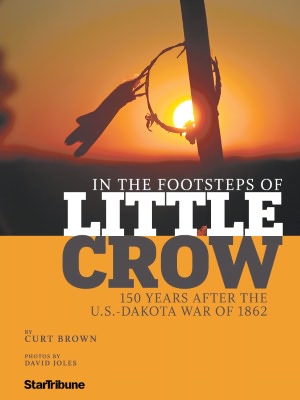It’s no secret that newspapers, even those with online subscriptions and digital-only editions, are scrambling to keep both subscribers and advertiser revenue while still producing top-notch content. For institutions like the New York Times and Wall Street Journal, turning to digital publishing of long-form journalism and back content may do more for their bottom lines than simply bringing the news.
While both papers and several others have turned to publishers like Vook to release volumes of archived collections in ebook forms, other news outlets around the country are looking at keeping their digital publishing ventures in-house in order to save money and exert complete control over their content.
According to an article by Taylor Miller Thomas for Poynter.org, small circulation newspapers are experimenting with their options in ebooks, and are not limiting themselves to news stories. Some are reviving the tradition of the serialized novel or essay, while offering the complete piece as an ebook of print-on-demand title. One paper even creates its own cookbook based on reader-submitted recipes, which it makes available for sale.
But it’s the long-form journalism that newspapers seem to keep coming back to. Despite the sense that society is becoming reduced to streaming scrollers of news snippets and blaring sound bites, readers of every circulation size seem to be embracing the opportunity to go much deeper into a news item, if the number of outlets publishing long-form ebooks is any indication.
Of course, it’s not only newspapers and regional magazines that are turning to digital publishing to meet a greater need for their audiences while looking for new sources of revenue. Television icon PBS has launched a line of ebooks and print-on-demand titles with MediaShift, with two titles already available and more in the works.
As one newspaper professional pointed out to Thomas, there is not only a sense of urgency in terms of finances when it comes to providing a variety of media for audiences. The real fight is to keep audiences in the first place. Digital publishing allows an outlet or agency’s fans to continue to turn to their trusted sources for a broader scope of news and entertainment. As with all aspects of publishing, the ones who will survive are the ones who can adapt to the climate of technology.
Mercy Pilkington is a Senior Editor for Good e-Reader. She is also the CEO and founder of a hybrid publishing and consulting company.

